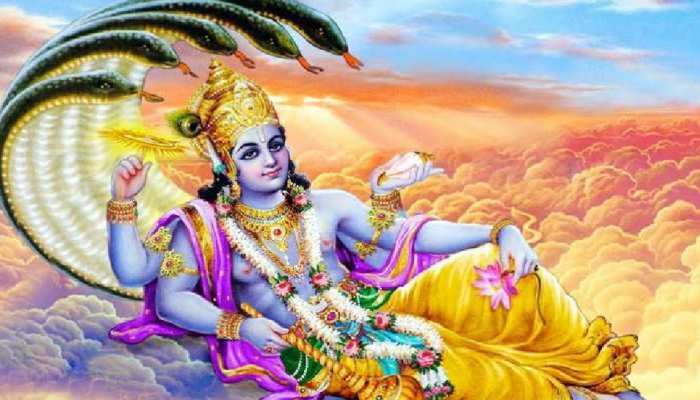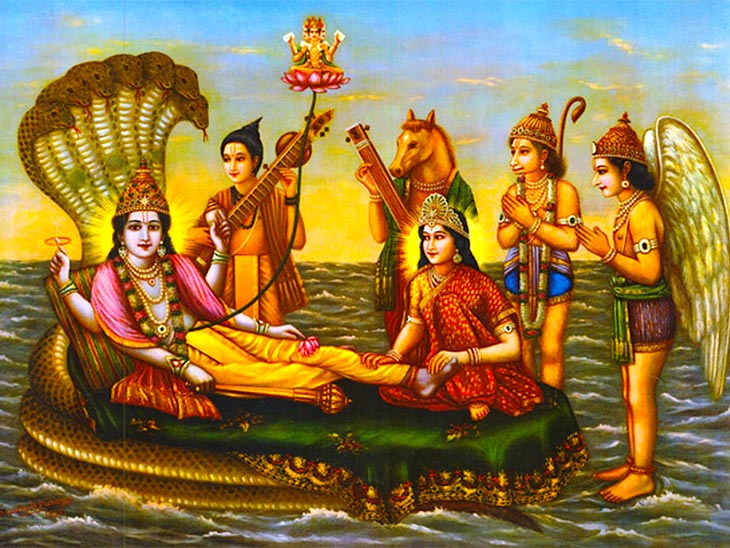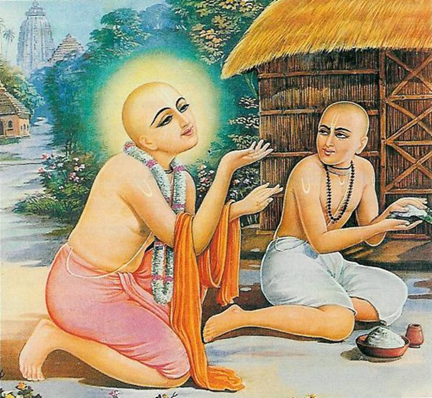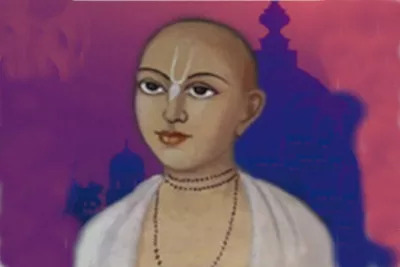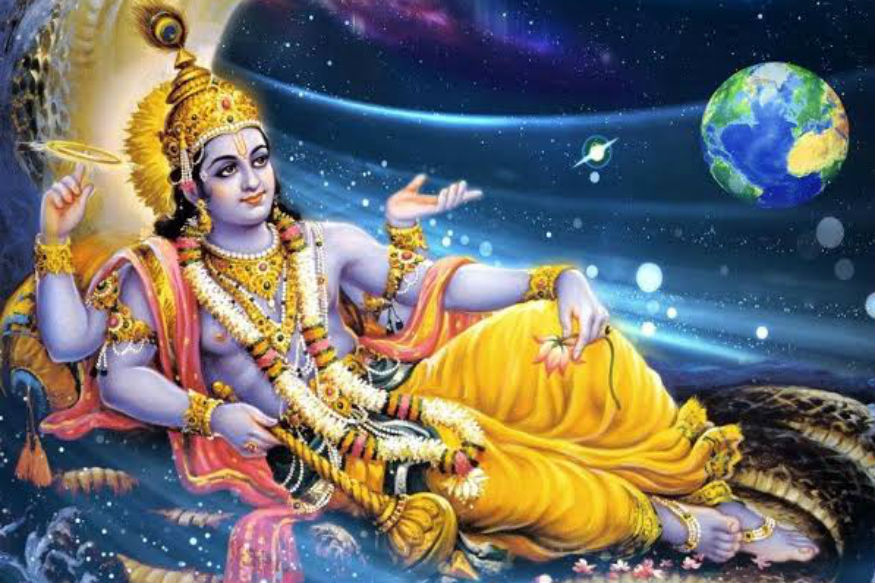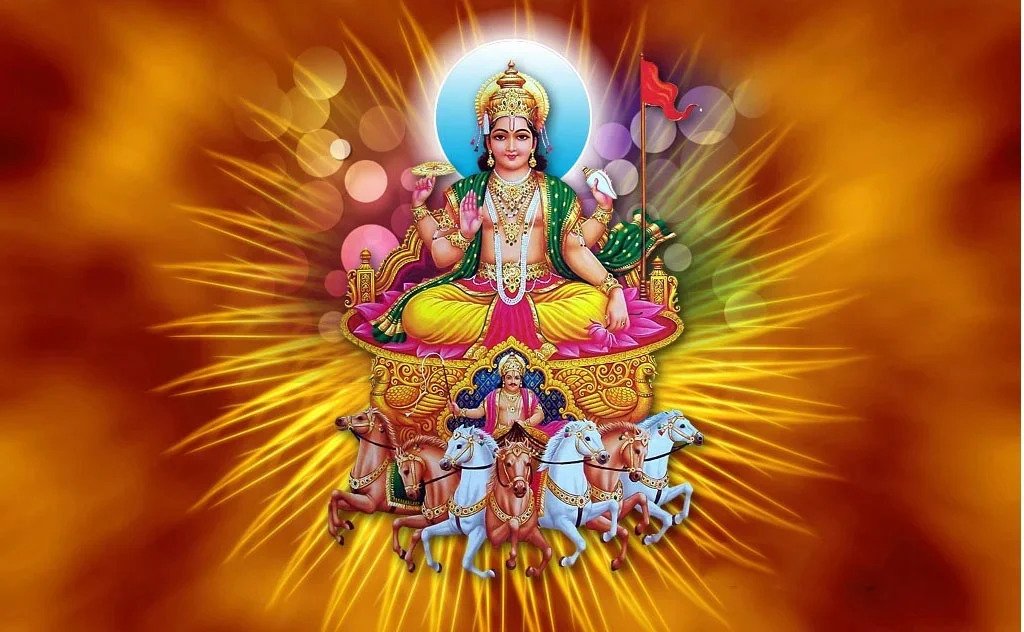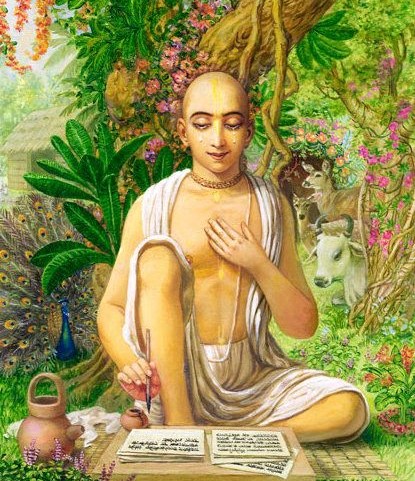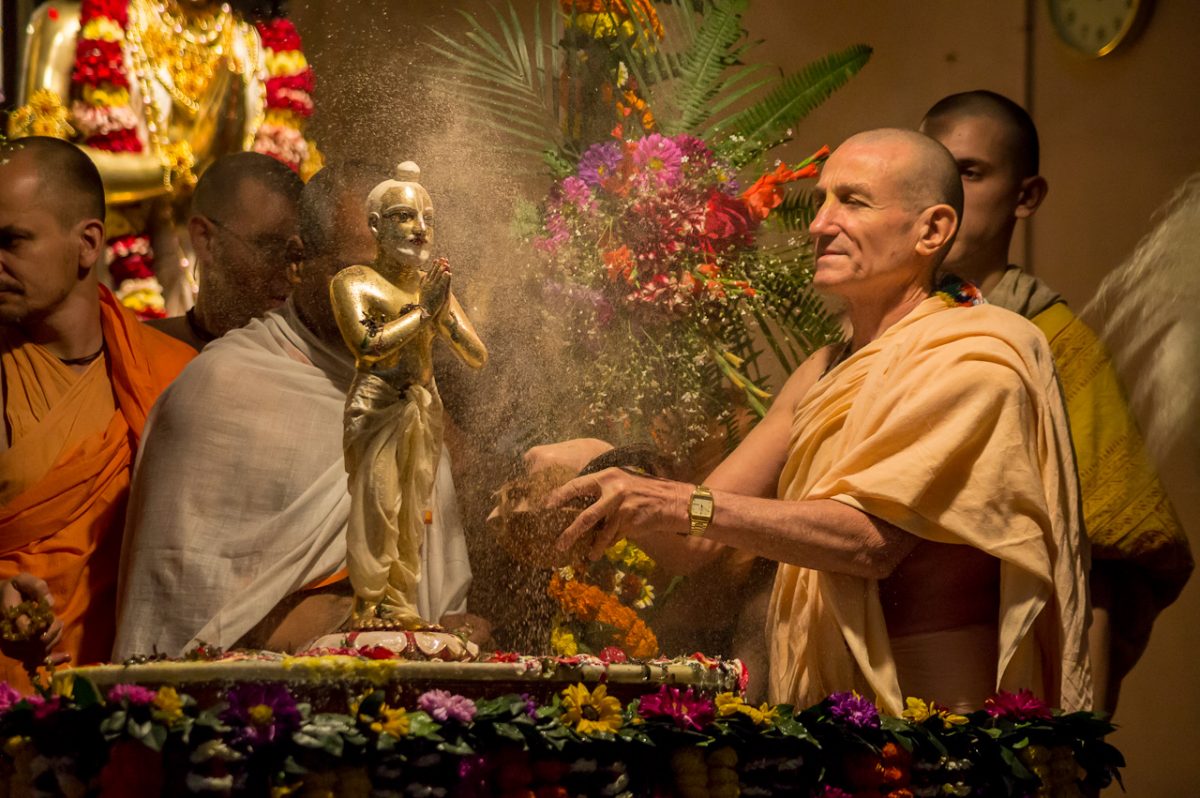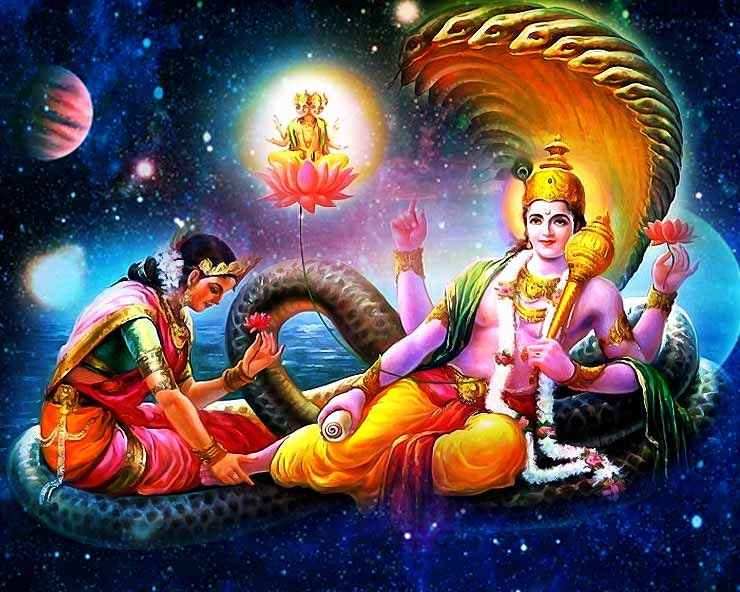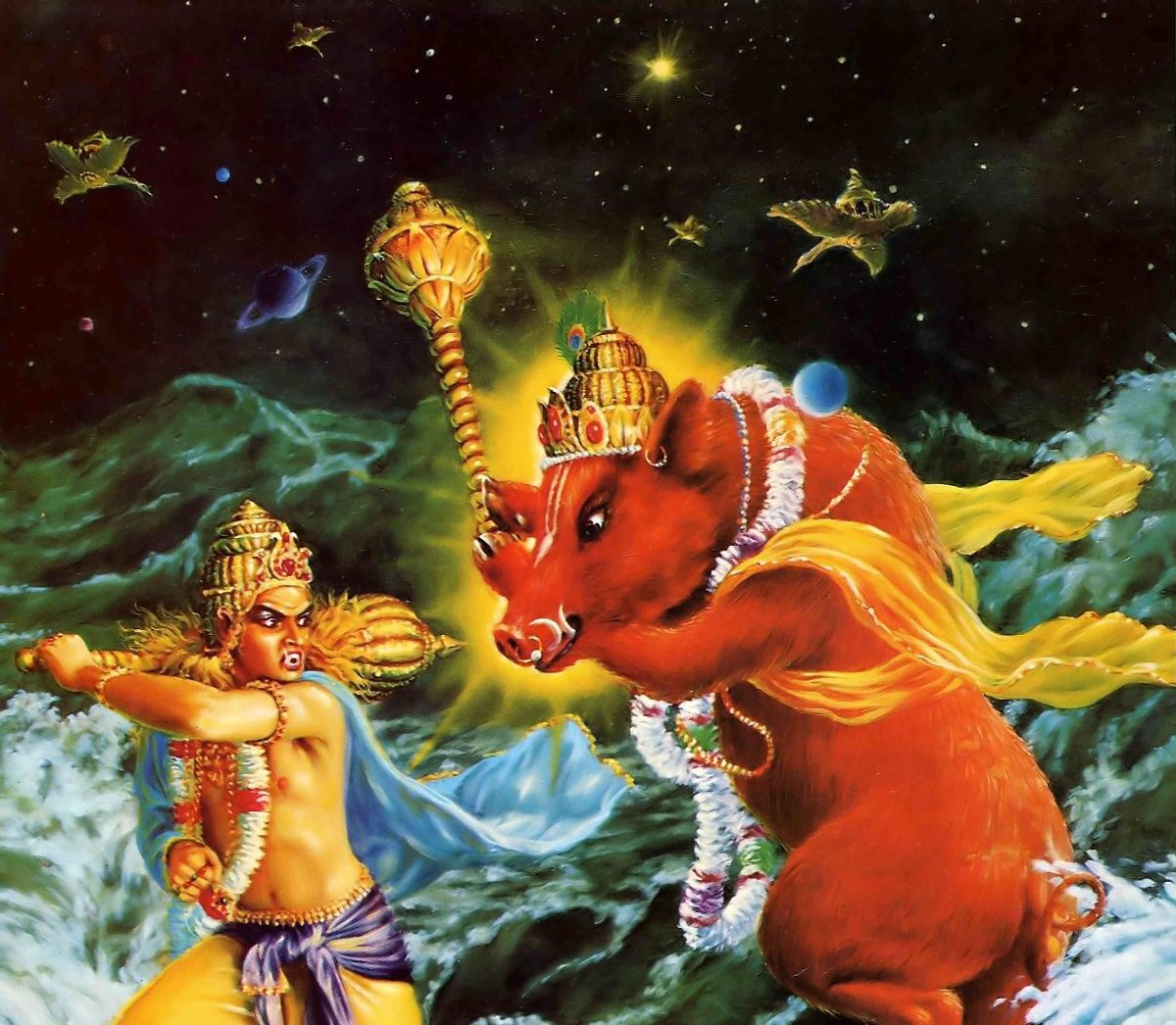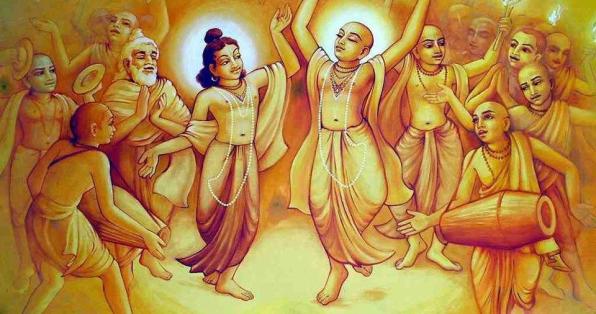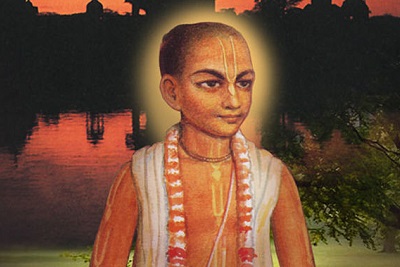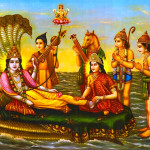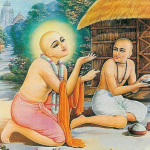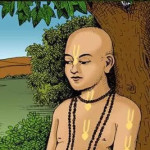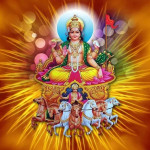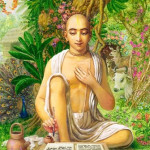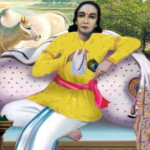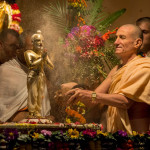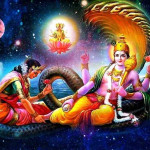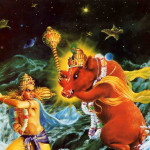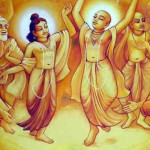Papankusa Ekadasi
Date: 3rd October 2025
Day: Friday
Ekadashi Tithi Begins – 07:10 PM on Oct 02, 2025
Ekadashi Tithi Ends – 06:32 PM on Oct 03, 2025
(As Ekadashi Tithi might begin at any time of the day and mostly split over two days, on the basis of these timings one day is preferred over the other to observe fasting. Tithi begin time is not needed to observe fasting. Ekadashi fasting always begins with Sunrise and mostly ends after next day Sunrise)
Please observe Ekadasi fast to grow in spiritual life. Chant 25 rounds (25×108 number) of Hare Krishna Mahamantra.
हरे कृष्ण हरे कृष्ण कृष्ण कृष्ण हरे हरे।
हरे राम हरे राम राम राम हरे हरे।।
Hare Krishna Hare Krishna, Krishna Krishna Hare Hare
Hare Rama Hare Rama, Rama Rama Hare Hare
Fast Breaking Time (Paran Time) – Next day on October 4, 2025 – Between 06:15am to 10:11am for Delhi/ NCR – India, for other regions please check nearest ISKCON Temple/Centre.
(Parana means breaking the fast. Ekadashi Parana is done after sunrise on next day of Ekadashi fast. It is necessary to do Parana within Dwadashi Tithi unless Dwadashi is over before sunrise. Not doing Parana within Dwadashi is similar to an offence. Parana should not be done during Hari Vasara. One should wait for Hari Vasara to get over before breaking the fast. Hari Vasara is first one fourth duration of Dwadashi Tithi.)
In religious texts five types of Ekadashi fasting has been mentioned:
1) Nirjal (निर्जल): Fasting without water and food.
2) Jalahar (जलाहर): Fasting with only water.
3) Ksheerbhoji (क्षीरभोजी): Fasting by consuming milk or only products made of milk.
4) Phalahari (फलाहारी): Fasting on fruits only. One should consume only high class of fruits like mango, grapes, banana, almond, and pistachios etc. and should not eat leafy vegetables.
5) Naktabhoji (नक्तभोजी): Fasting by having single meal in a day just before sunset. Meal can include Sabudana, Singhada (Water Chestnut), Shakarkandi, Potatoes and Groundnuts. Grains and Pulses are prohibited. For many Kuttu Atta (BuckWheat Flour) and Samak (Millet Rice) are also staple diets during single Ekadashi meal. However validity of both items as Ekadashi food is debatable as those are considered semi-grains or pseudo grains. It is better to avoid these items during fasting.
Food has to be cooked in Ground nut oil or ghee, not soyabean oil. Sendha namak (Rock Salt) should be used, none of the masalas (Spices) to be used, unless they are grounded at home.
Description – The glories of Pasankusa Ekadasi which occures during the waxing moon in the month of September/October is described in Brahmavaivartha Purana in the conversation between Lord Krishna and Maharaj Yudhisthira.
Maharaj Yudhisthira said O Madhusudan what is the name of the Ekadasi that occures during the waxing moon in the month of September/October. Please be kind and explain this to me .
Lord Krishna replied, O best of the Kings! The name of this Ekadasi is Pasankusa Ekadasi. Now please hear from me the glories of this Ekadasi which distroyes all ones sins. Some people also call this Ekadasi as Papankusa Ekadasi. One should specially worship lord Padmanabha on the day of this Ekadasi. This Ekadasi awards a person the heavenly pleasures liberation and his desired results. Just by chanting the holy names of Lord Vishnu one can attain all the peity of visiting all the holy places on the earth. If a conditioned soul inspite of indulging in various sinful activities due to illusion takes shelter and offers obeisances at the lotus feet of Lord Hari who is expert in delivering the fallen souls then such a person does not have to go to hell.
Those Vaisnavas who criticise Lord Shiva and those Saivaites who criticise lord Vishnu are both undoubtedly go to hell. The result one obtains by performing one thousand horse sacrifices or by performing one hundred Rajasuya sacrifices can not be equal to the one sixteenth portion of peity one obtains by following this Ekadasi. There is no peity in this world which is equal to the peity earned by observing the Ekadasi. Therefore there is no other day as santified as this day of Ekadasi which is very dear to Lord Padmanabha.
O King! As soon as a person fails to observe Ekadasis the sins begin to reside in his body. This Ekadasi awards its follower the heavenly pleasure ,liberation, freed from deceased condition, beautiful women, wealth and food grains. O maintainer of the earth! If one observes this Ekadasi and remains awake on that night easily goes to the abode of Lord Vishnu.
Lord Krishna continued O best of the Kings! By observing the vow of this Ekadasi one can deliver ten generations from his mothers family, ten generations from his fathers family and ten generations from his wifes family. If a person observes this Ekadasi either in his chilhood or youthhood or in his oldage he does not suffer the miseries of the material existence. One who strictly observes this Pasankusa or Papankusa Ekadasi then all his sinful reactions are eradicated and at the end of his life he returns to the abode of Lord Vishnu. If a person gives away gold, sesame seeds, land, cow, food grains, water, umbrella or shoes in charity then such a person does not have to goo to the abode of Yamaraj. Any one whospents his day wiuthout engaging in pious activities he is like a dead man although he is breathing. His breathing is compared to the bellows of the blacksmith.
O best of the Kings! A person who digs well and lakes for the benefit of others, donates land and houses and perform other pious activities such as performing sacrifices is not subjected to the punishment of Yamaraja. As a result of peity only people live long lives, become rich, take birth in high class families and become diseaseless. The purport is that the direct result of observing Ekadasi is to attain devotional service to Krishna and the indirect result is to attain the temporary material benefits.

